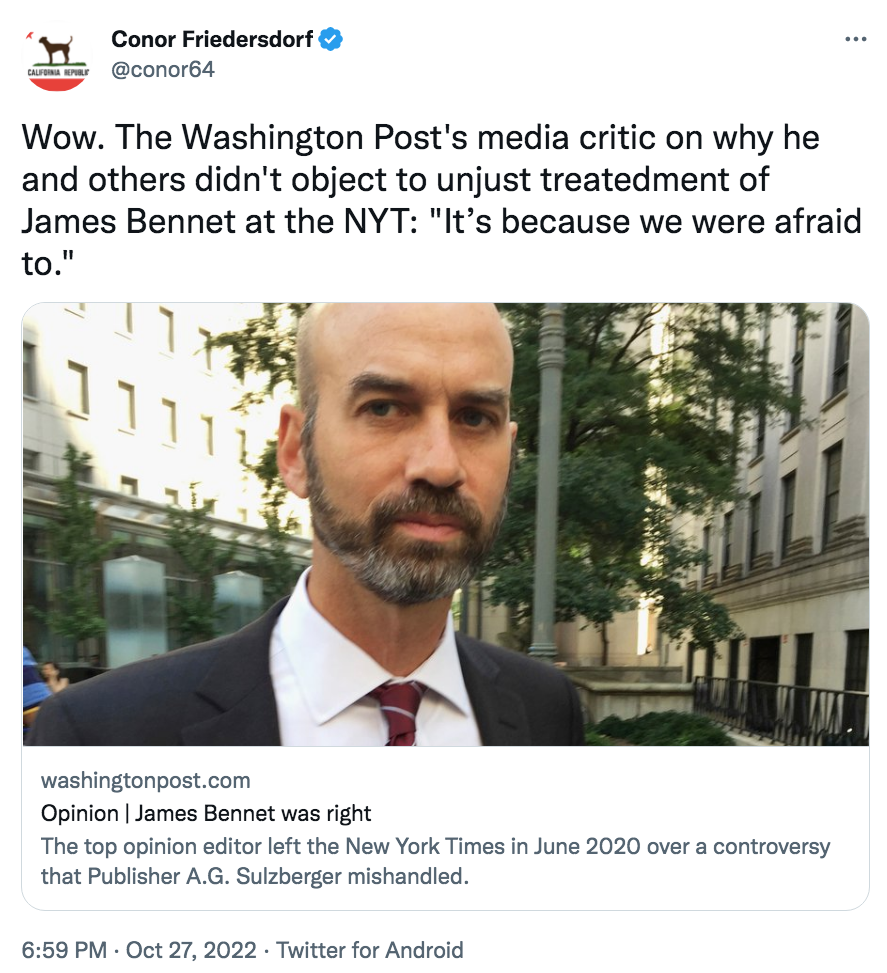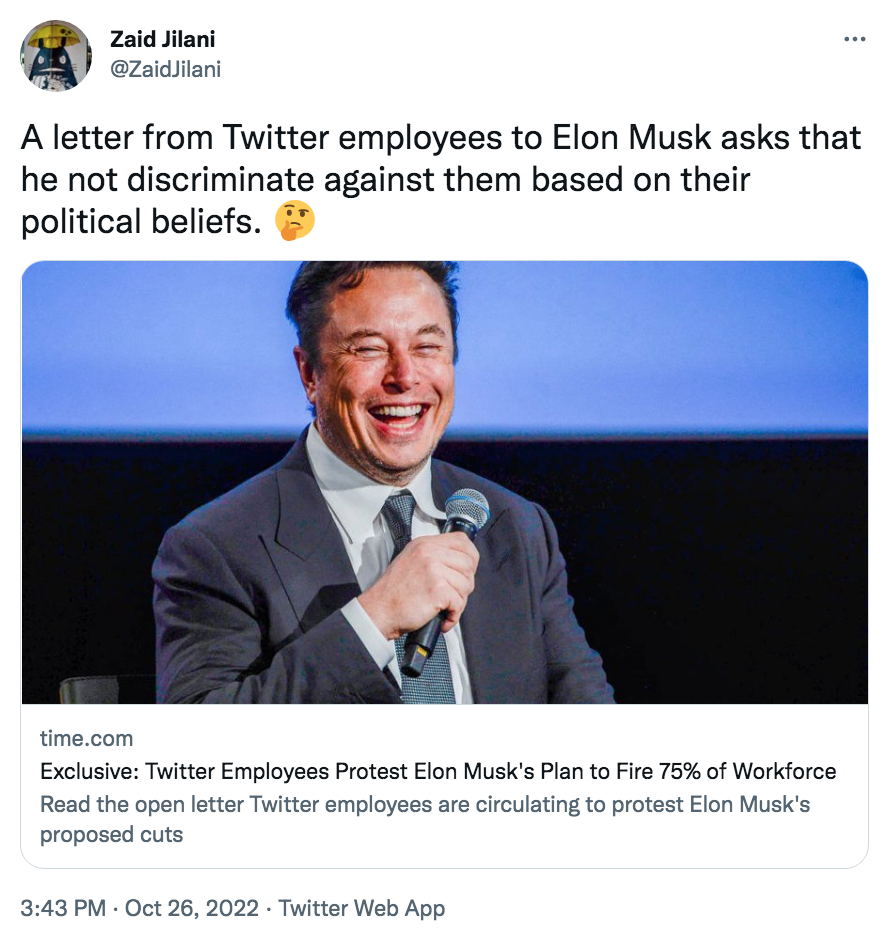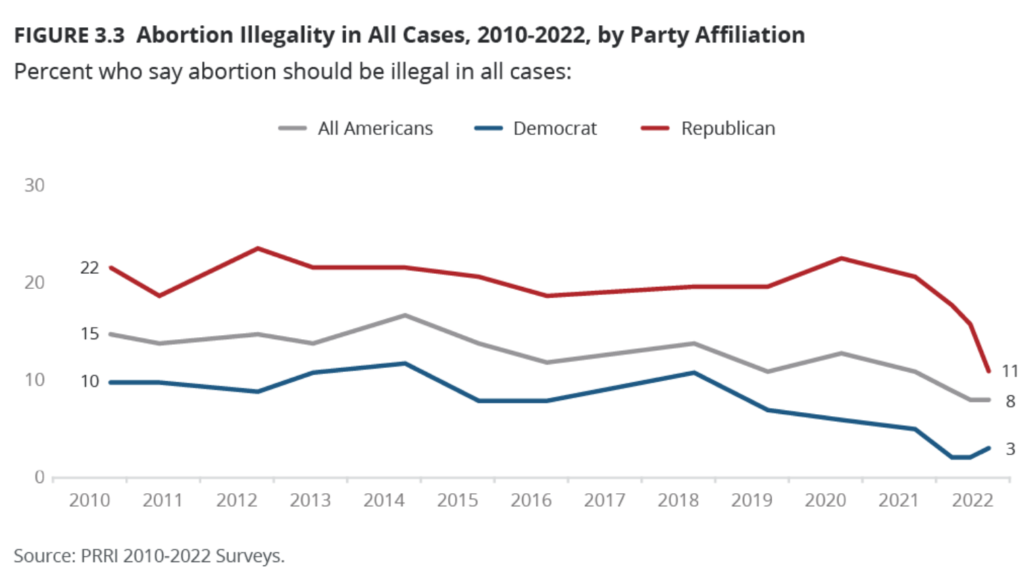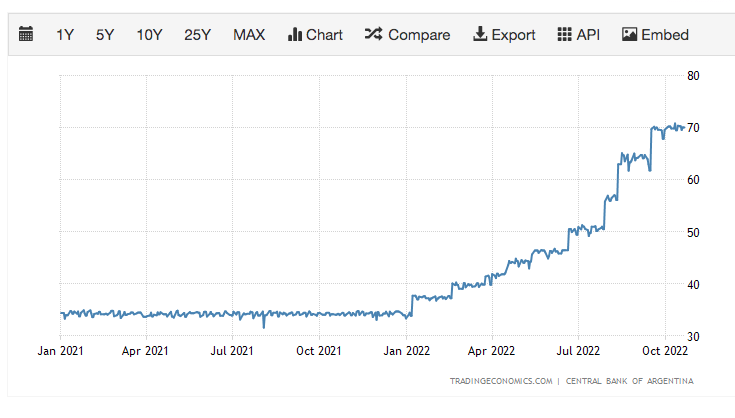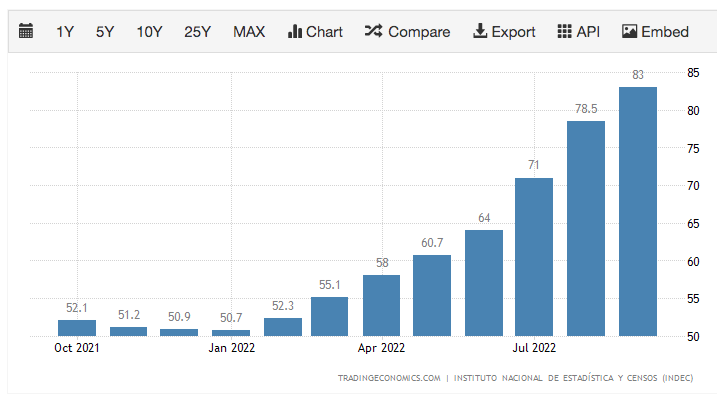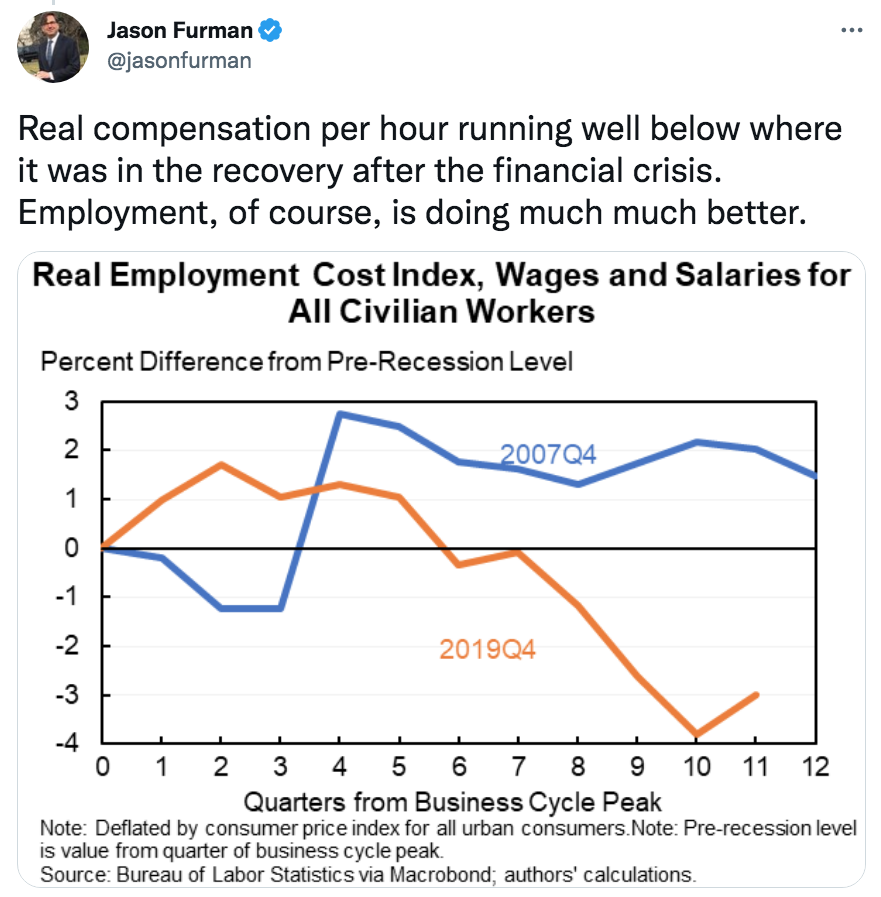Jair, Donald, Bibi and Boris will be back
[Before beginning the post, here’s a new rule for commenters. No more than 2 comments per post, unless replying to people who commented on your previous comment. Violators will be banned.]
In the good old days, failed political leaders would quietly fade into the woodwork. The first President Bush, Gerald Ford and Jimmy Carter all gracefully retired from public service after being defeated. But now that almost every country is becoming a banana republic, those days are gone. Politicians develop personality cults, and try to convince voters that only they can rescue their country.
This FT story on Benjamin Netanyahu nicely describes the phenomenon:
For Yaron Tzidkiyahu, who runs a popular food stall in Jerusalem’s Machane Yehuda market, two things matter in next week’s Israeli election: the economy and security. Unhappy with the government’s approach, he plans to vote for Benjamin Netanyahu.
“I want someone else, but right now there is no one but Bibi,” he said, referring to the former prime minister by his widely used nickname. “Bibi is Gulliver in a land of pygmies.”
The November 1 election will be Israel’s fifth in three and a half years of political gridlock. Like the previous four, the poll is widely seen as a referendum on Netanyahu, a polarising figure who has been Israel’s leader for 15 of the past 26 years.
Bolsonaro, Trump, Johnson and Netanyahu are all corrupt, but voters don’t care. They believe that a larger than life figure can somehow save their country. Before long, all four will be back in power.
History tells us that voters will have to go through a great deal of pain before they understand that demagogues are not effective policymakers. The Russians and Chinese are a bit further along the learning curve.
PS. The closeness of the race in Brazil is one more indication that polls are strongly biased against populist right wing candidates. If Biden goes into election day 2024 with a 5% lead over Trump, he’s almost certain to lose.
PPS. The media might tell you that the left is on a roll in Latin America. Don’t believe them. Below the surface the right is gaining strength. I predict that the right will dominate the region within 5 years. Given everything that’s happened in Brazil, Lula’s 50.9% vote total is pathetic. I’m glad he won (as is the rainforest), but he will be a failed president.


